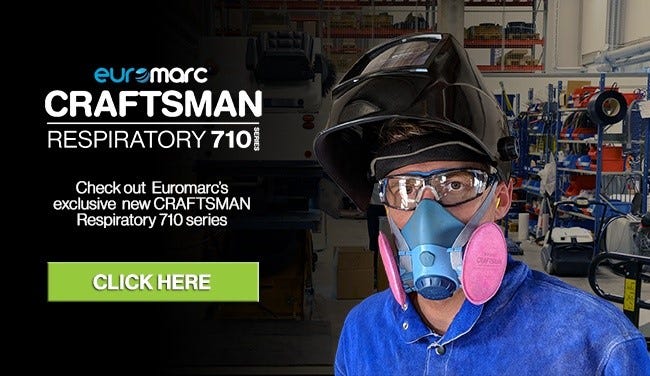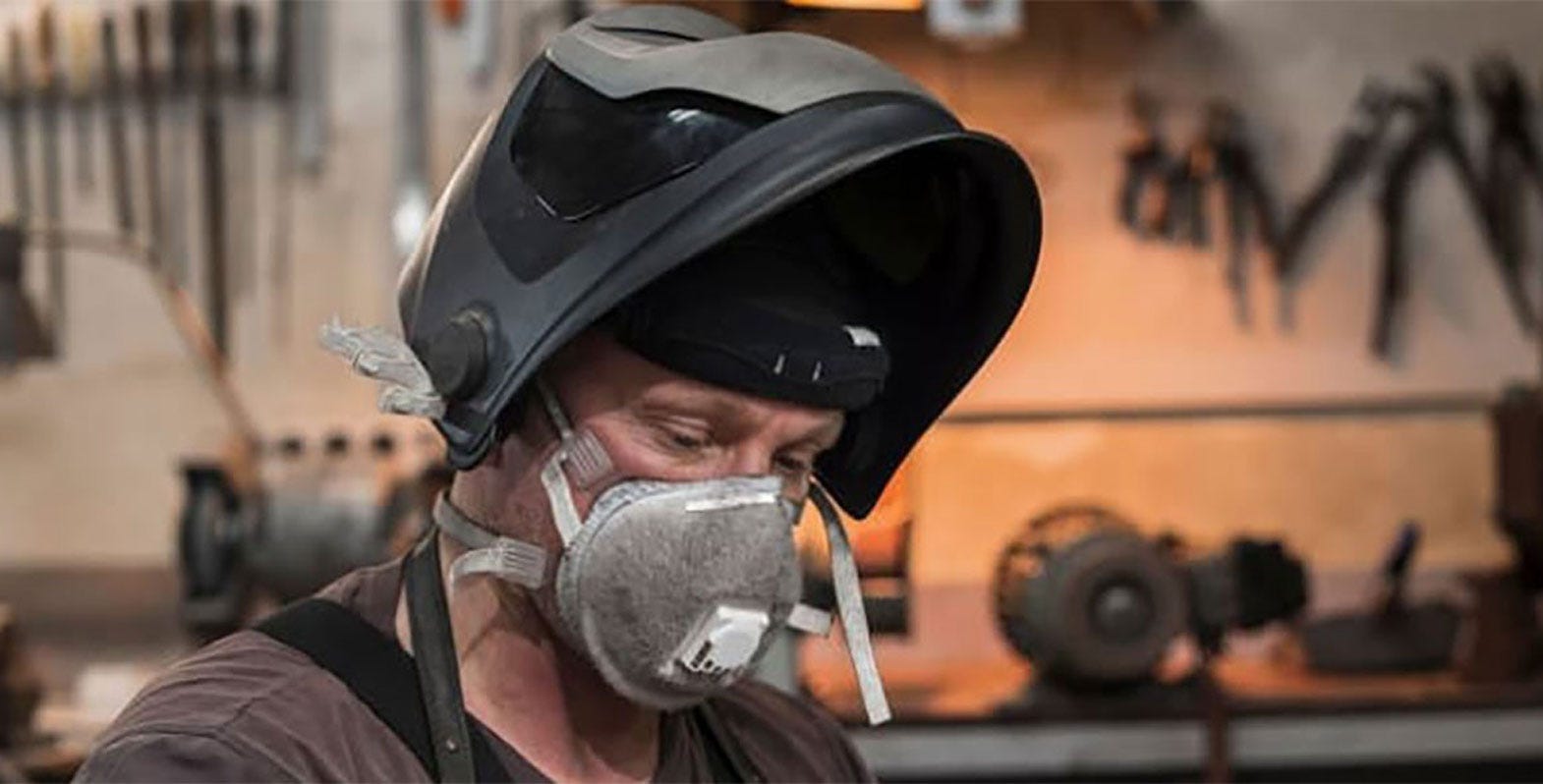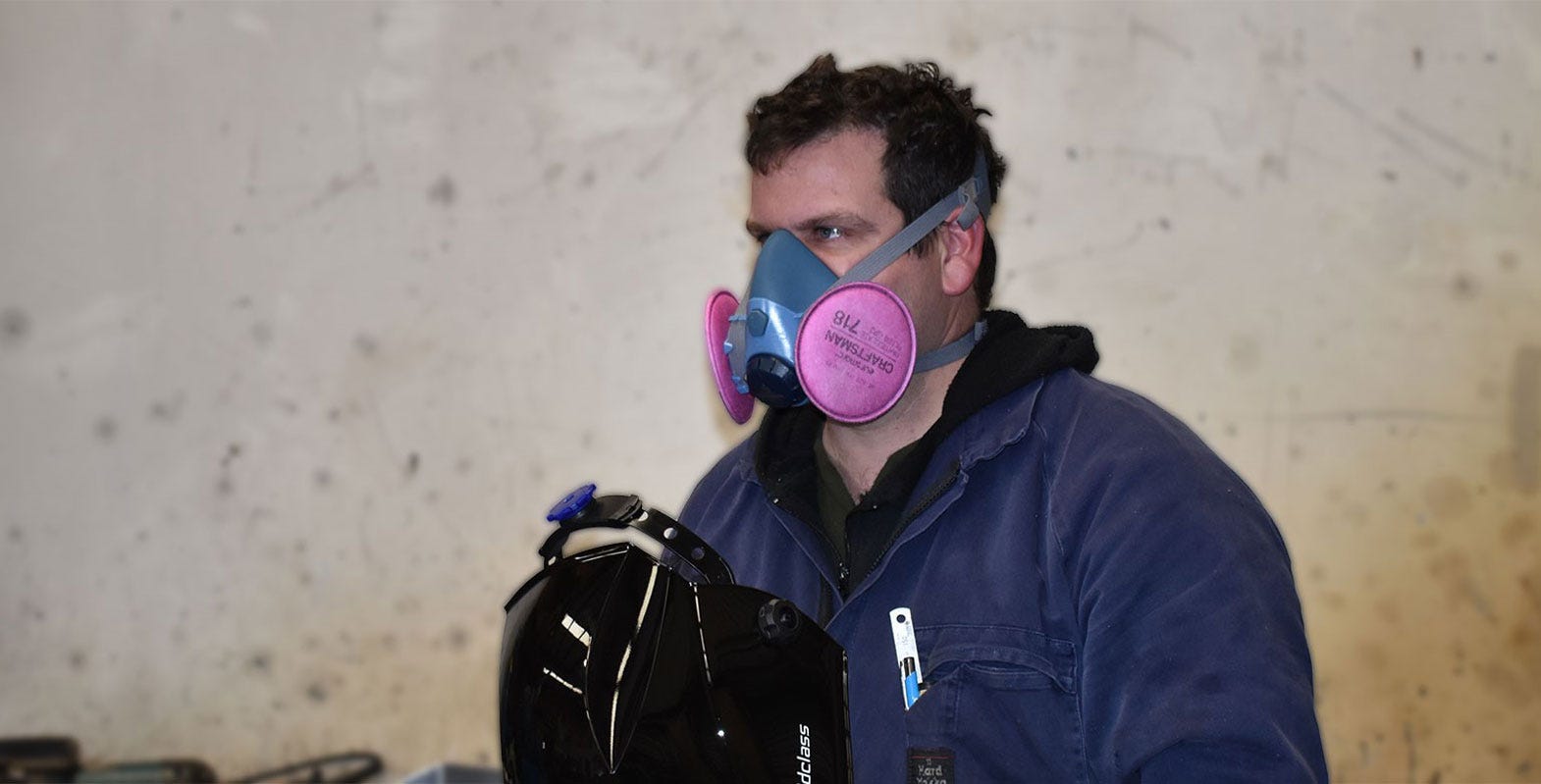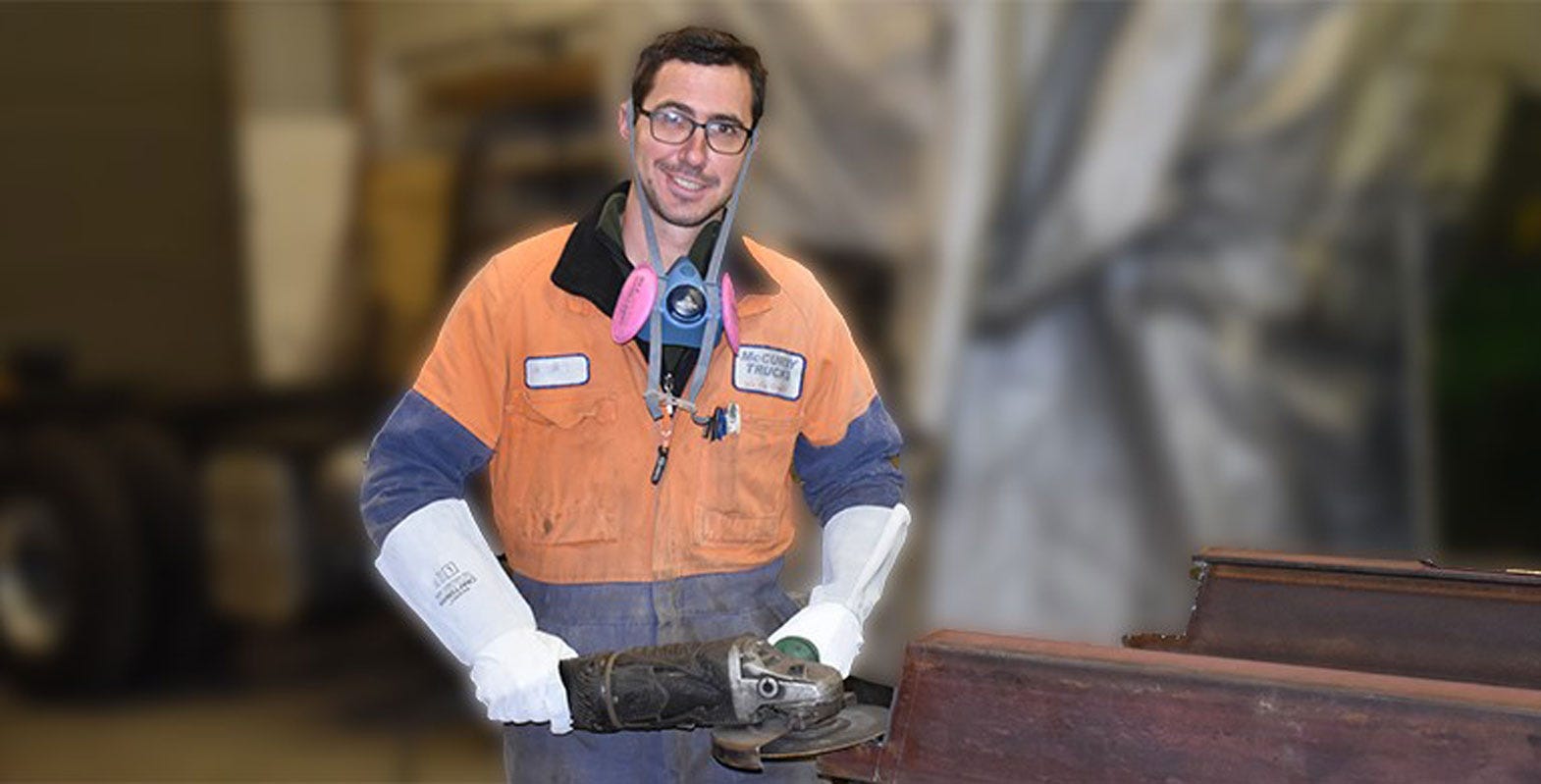How long does a respirator filter last?
How long will your respirator filter last? It can last up to 5 years if unopened in it's original packaging, or up to 6 months once opened. But what about once you start using it? How do you know when it should be changed?


How long does a respirator filter last?
If the filter is stored unopened, in the original packaging it will last up to 5 years from the date of manufacture which should be clearly labelled on the packaging.
If the filter has been opened from the original packaging, it can last up to 6 months from this date (as long as it is within the 5 year period since manufacture if the filter is made to AS/NZS 1716 standards.)
How long will a respirator filter last once in use?
As recommended by the Australian and New Zealand AS/NZS 1716 standards, once removed from the original packaging, a filter can last up to a maximum of 6 months if it is looked after correctly. Filters and respirator masks should be stored in a sealed pack or container to stop airflow and contamination which will wear the filter out. Do not store in contaminated areas.
Once in use, the longevity of the filter will also depend on a number of factors including the quality of the filter, what it is filtering, type of filter, frequency of use etc. So the question becomes...
When should a respirator filter be changed?
Once you start using the respirator filters it's easy to tell when they need to be changed. Just look for the following signals depending on the type of filter:
Particulate filters:
- When breathing becomes difficult and the respirator becomes uncomfortable to use; and/or
- You start to smell or sense breathing in any pollutants; and/or
- The filter has been damaged in any way (change immediately if damaged)
Gas/Vapour filters:
- You can smell or taste contaminants; and/or
- It is past the expiry date stamped on the packaging; and/or
- They have been out of the original packaging for 6 months or more; or
- If you have a filter change schedule the filters should be changed as per the schedule.
In high and dangerous contaminated areas, filters must be changed frequently before you can smell or sense breathing in of any pollutants. It is better to have a measure of contamination, and schedule regular filter changes, than breath in contamination. If still in doubt always consult your supervisor, or occupational health professional.
 Need assistance?
Need assistance?







